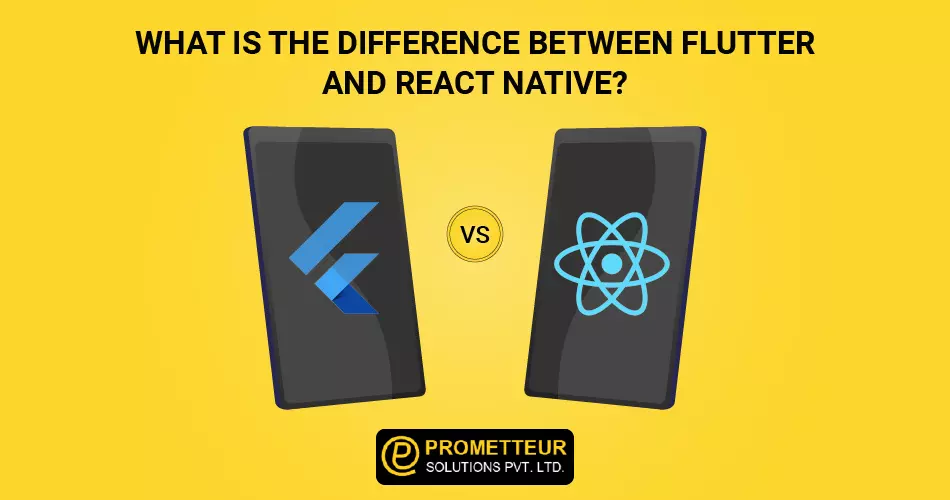Blogs
A Beginner’s Guide to iOS Automation Testing
Welcome to the exciting world of iOS automation testing! In this beginner's guide of iOS automation testing, we'll explore how…
HIRE A PREMIER CHATBOT DEVELOPMENT COMPANY
Customer preferences are changing, especially, when it comes to communicating with businesses. These customers, irrespective of the time of day…
WHAT IS THE DIFFERENCE BETWEEN FLUTTER AND REACT NATIVE?
This article will make great attempts to answer the golden question often asked by many about the two big names,…
Hybrid app – Is it the future of mobile app dev?
One of the most popular trends in recent years has been the…
How to Develop Fantasy Sports Apps Like FanDuel?
Are you wondering and want to develop fantasy sports apps like FanDuel?…
How to Start a Sportsbook Business in 2025: A Complete Beginner’s Guide
Think of a sportsbook as the place where sports fans go to…
OFFSHORE MOBILE APP DEVELOPMENT COMPANY OR PARTNER
Do you know how to offshore mobile app development? Would you like…
iGaming trends In 2025
The Evolving Landscape of iGaming: Trends and Strategic Opportunities for 2025 and…
Complete Guide to Turnkey Sportsbook Solutions
Are you looking to launch a betting app, enhance an existing one,…
Mastering Bankroll Management for Successful Sports Betting
In the electrifying world of sports betting, the real thrill isn't just…
How to Start a Successful Online Casino Business in 2025?
Tech is advancing - beyond boundaries and in every aspect of our…
Custom Online Casino Development
Join us, as we embark on a comprehensive journey into the world…
Advanced Features of Modern Betting Apps
Hi! Do you want to learn or get some useful insights about…
Essential Features of Online Casino Software
Online casino plays important roles in driving the business of online casino…
Starting an Online Casino –Everything You Need to Know
Starting an online casino business is not as easy as ABC. It…
How to Create a Sports Betting Website from Start to Finish
Are you thinking of how to create a sports betting website for…
White Label Casino Solutions | Turnkey iGaming Platforms
White-label casino solutions offer amazing opportunities and benefits to entrepreneurs who want…



